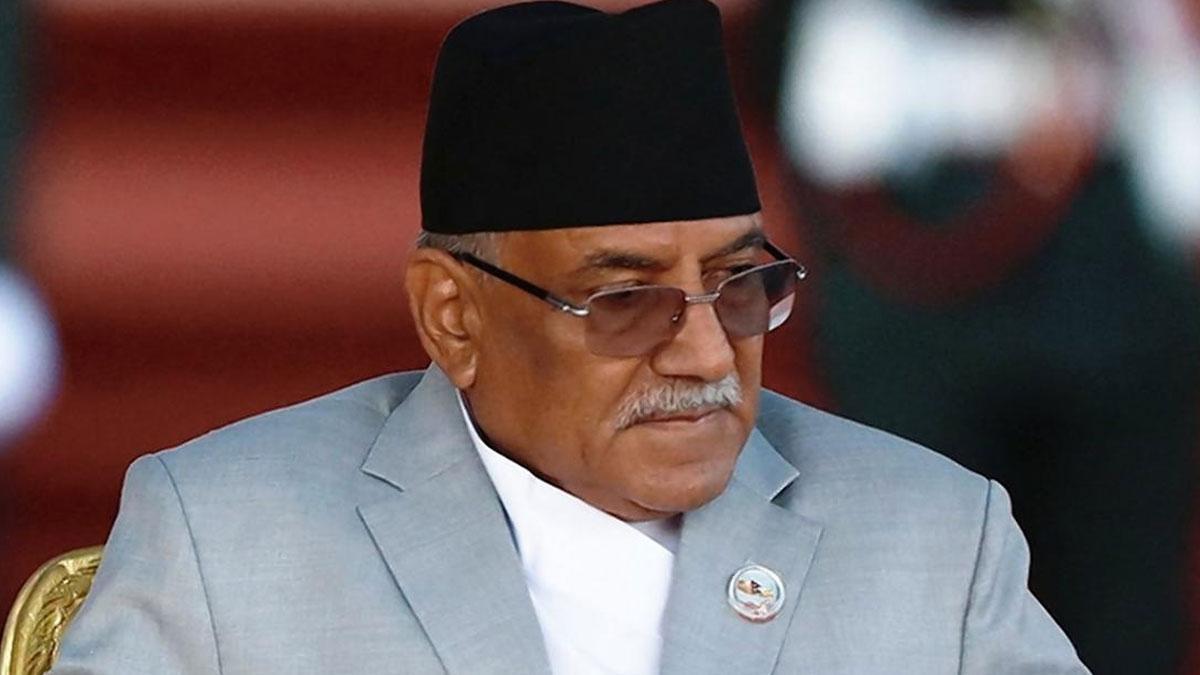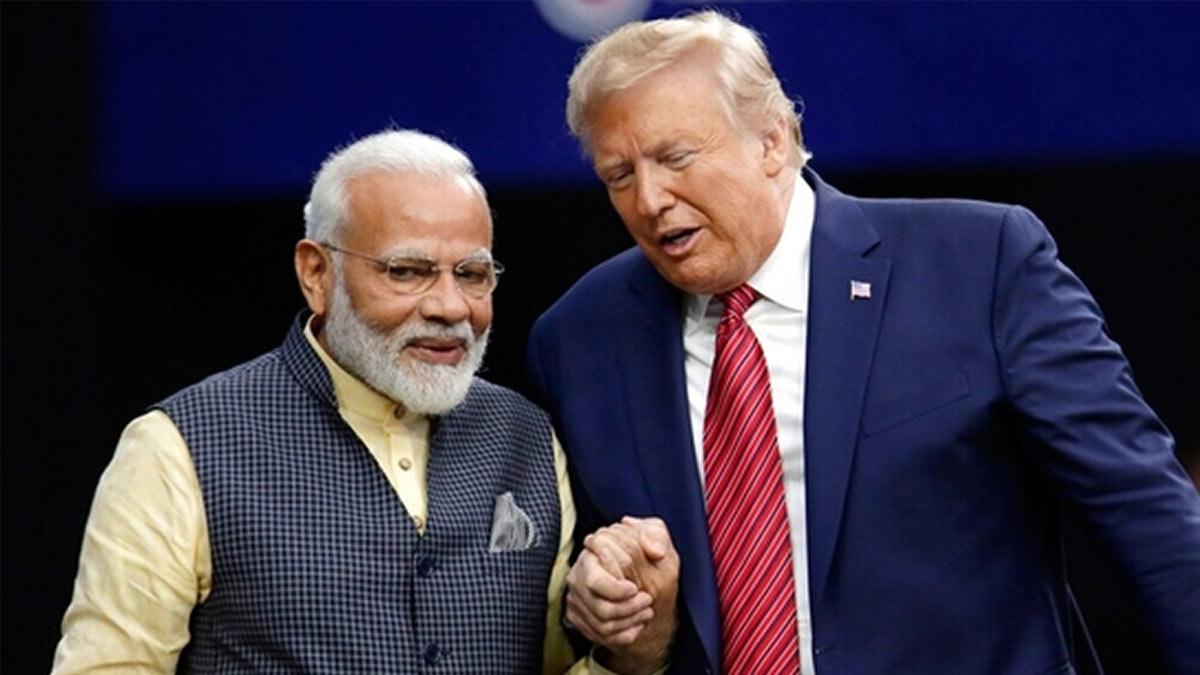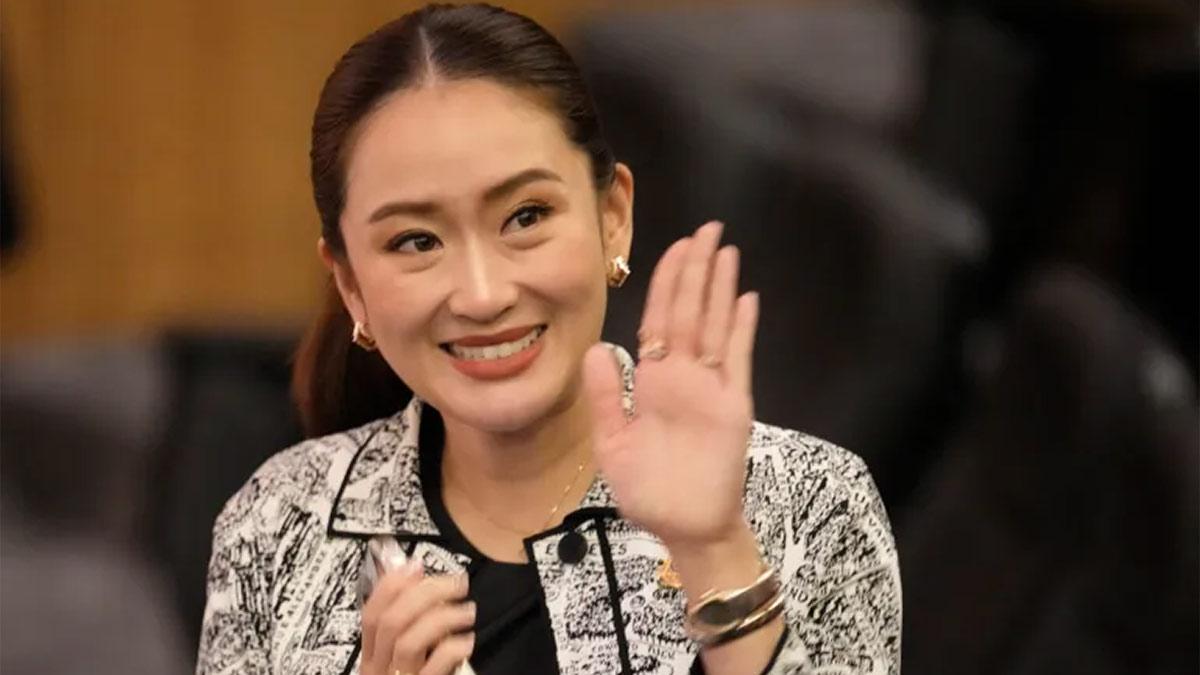Nepal encountered a significant political development as Deputy Prime Minister Upendra Yadav, a prominent Madhesi leader, tendered his resignation on Monday, marking a setback for Prime Minister Pushpa Kamal Dahal Prachanda's coalition government.
Yadav, who also held the portfolio of Health and Population Minister, submitted his resignation to Prime Minister Prachanda on Monday morning, as per sources close to him. Alongside Yadav, Minister of State for Forest and Environment, Dipak Karki, representing the same party, also stepped down.
The resignation by Yadav, who chairs the Janata Samajwadi Party Nepal (JSP-Nepal), follows a recent split within his party. Senior leader Ashok Rai formed a new party named Janata Samajwadi Party, which has gained recognition from the Election Commission.
"In light of the current political climate, I find it untenable to continue collaborating with the government," stated Yadav regarding his resignation.
JSP-Nepal, which initially boasted 12 lawmakers in the House of Representatives (HoR), now holds only five seats after Rai and six other lawmakers, along with 30 central committee members, shifted allegiance to the new party.
Despite Yadav's resignation and the reduced strength of JSP-Nepal, Prime Minister Prachanda's ruling coalition maintains a majority in the HoR. The coalition comprises 77 seats of the CPN-UML, 32 of the Maoist Centre, 21 of the Rastriya Swatantra Party, seven of the newly formed Janata Samajbadi Party, and 10 seats of the CPN-Unified Socialist (CPN-US). To prove a majority, the coalition requires at least 138 seats in the 275-member House of Representatives.
While the withdrawal of JSP-Nepal from the government may not immediately affect the Prachanda-led coalition, it could pose long-term stability challenges, opined Sunil Manandhar, former environment minister and central committee member of the ruling CPN-Maoist Centre.
Speculation arises that the Opposition Nepali Congress might seek to capitalize on the situation by rallying support from JSP-Nepal and CPN-US, led by former prime minister Madhav Nepal, to challenge the Prachanda-led government. Currently, the Nepali Congress is obstructing House of Representatives proceedings, demanding the resignation of Deputy Prime Minister and Home Minister Ravi Lamichhene, who also heads the Rastriya Swotantra Party, over alleged cooperative fund misappropriation.
Political observers suggest that if CPN-US also withdraws support from the government, the Prachanda-led coalition might face a mandate to prove its majority in the House of Representatives.
Read also | Unrest Escalates as Strike Enters Fourth Day in Pakistan-occupied Kashmir


















